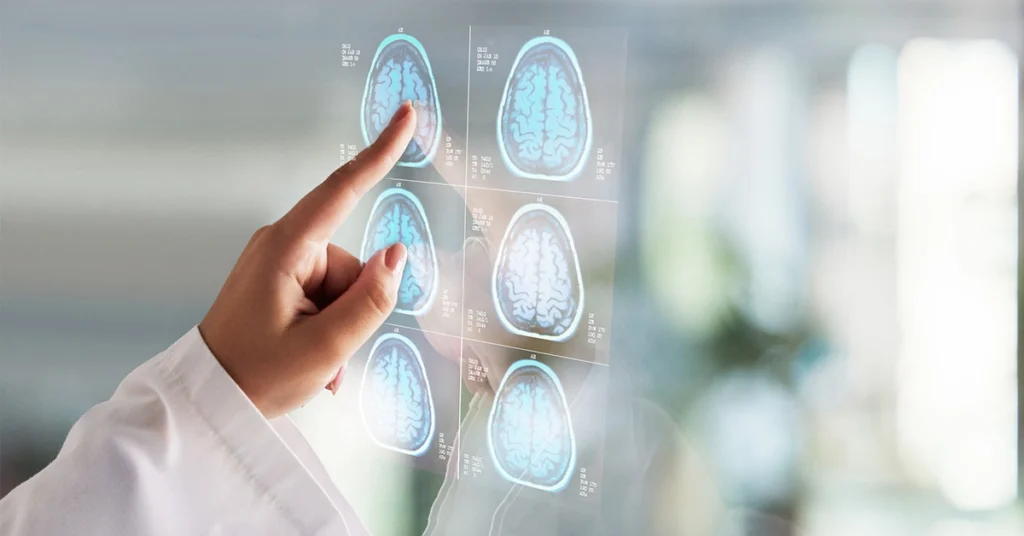AI Mental Health Therapeutics

Mental Health Awareness Month serves as an important reminder of the significance of mental well-being. Throughout May, communities worldwide unite to destigmatize mental health challenges, foster open conversations, and advocate for accessible support systems. AI (Artificial Intelligence) is now playing a pivotal role in reshaping how clinicians approach conditions such as depression, addiction, and schizophrenia.
Dr. Christopher Romig, the director of innovation at Stella Mental Health Clinic, highlights AI’s immense potential in revolutionizing mental healthcare. He emphasizes its role in early diagnosis, personalized treatment plans, and ongoing patient monitoring. This sentiment is echoed by industry leaders like Click Therapeutics, a biotechnology company specializing in AI-powered software for medical interventions. Their mobile app, fueled by sophisticated algorithms, offers tailored treatments for conditions ranging from depression to obesity, utilizing patient data and digital biomarkers for precision interventions.
Click Therapeutics stands at the forefront of digital therapeutics, with their software garnering FDA recognition for treating conditions like schizophrenia. By harnessing AI algorithms, they offer patients a holistic approach to managing their conditions, incorporating pharmacotherapy with digital interventions.
In addition to patient-facing interventions, AI is empowering mental health providers to deliver more effective care. Platforms like Lyssn offer on-demand training modules and real-time feedback to clinicians, enhancing their conversational skills and therapeutic efficacy. By analyzing speech patterns and tone, Lyssn’s AI engine enables providers to fine-tune their approach, ensuring culturally sensitive and personalized interactions. Darin Carver’s experience at Weber Human Services exemplifies how AI-driven feedback is transforming clinical practice, enabling clinicians to pinpoint areas for improvement and deliver better outcomes.
While AI offers various benefits for mental health treatment and accessibility, it is not without its ethical challenges. Concerns regarding data privacy, algorithmic bias, and the need for human oversight are still present. Companies like Lyssn are taking proactive measures to address these concerns, including rigorous compliance standards, multicultural competency assessments, and transparent reporting mechanisms. As AI continues to evolve, mental health professionals must uphold ethical standards and prioritize patient well-being.
The convergence of human ingenuity and machine intelligence has created a new era in mental healthcare, promising more personalized, accessible, and effective treatments. From early diagnosis to ongoing support, AI is reshaping every facet of mental health provision, empowering patients and providers. However, as we embrace these technological advancements, we must remain vigilant, ensuring that ethical principles and patient welfare remain paramount.
